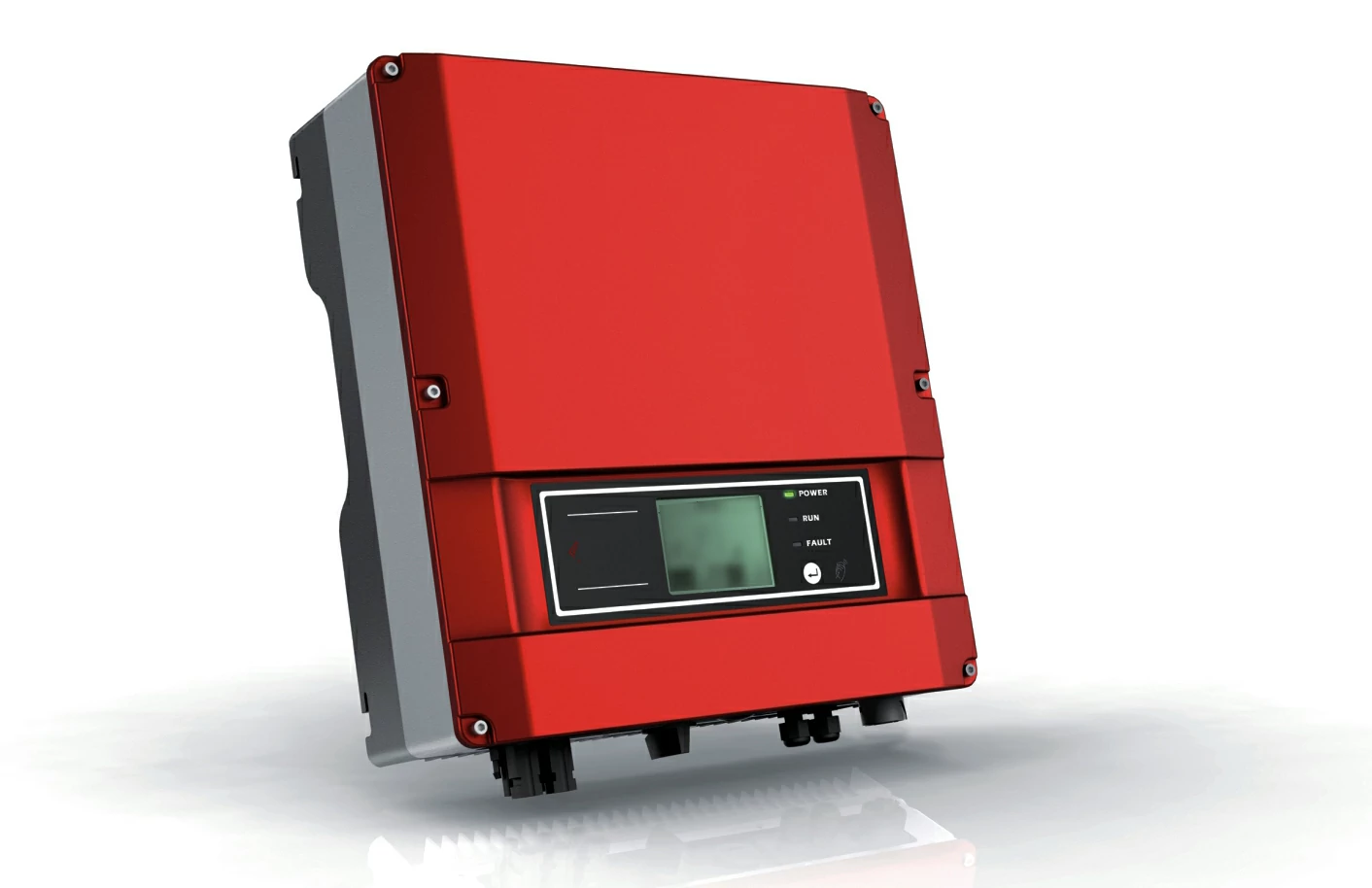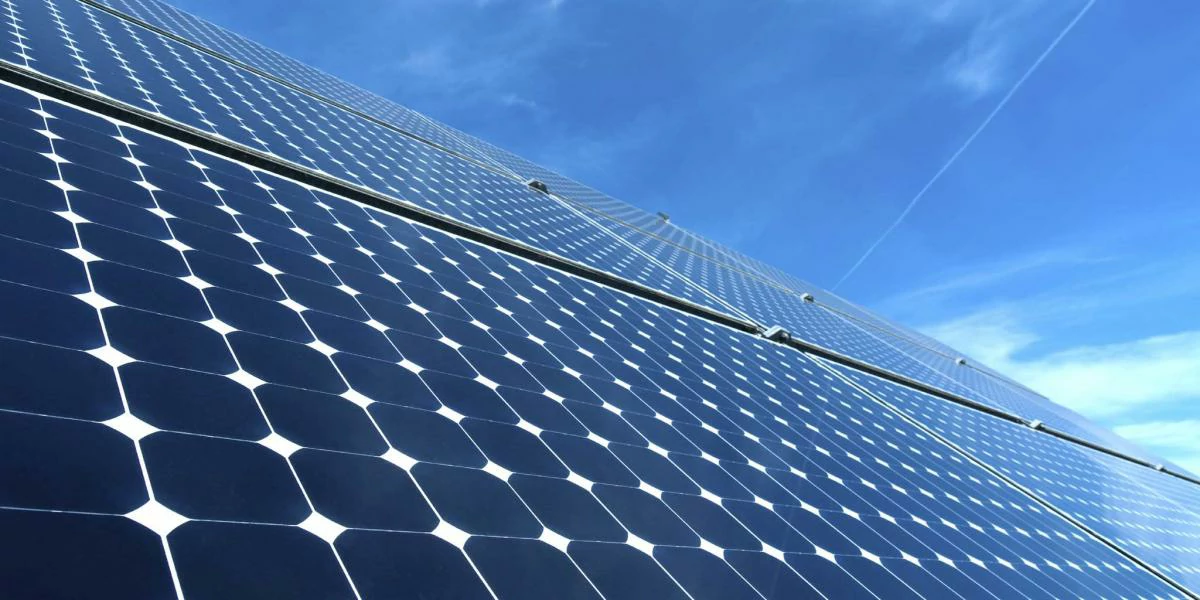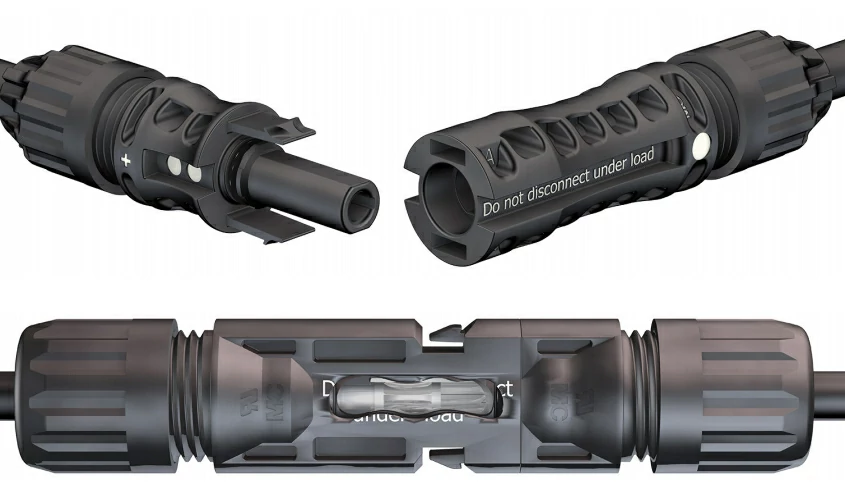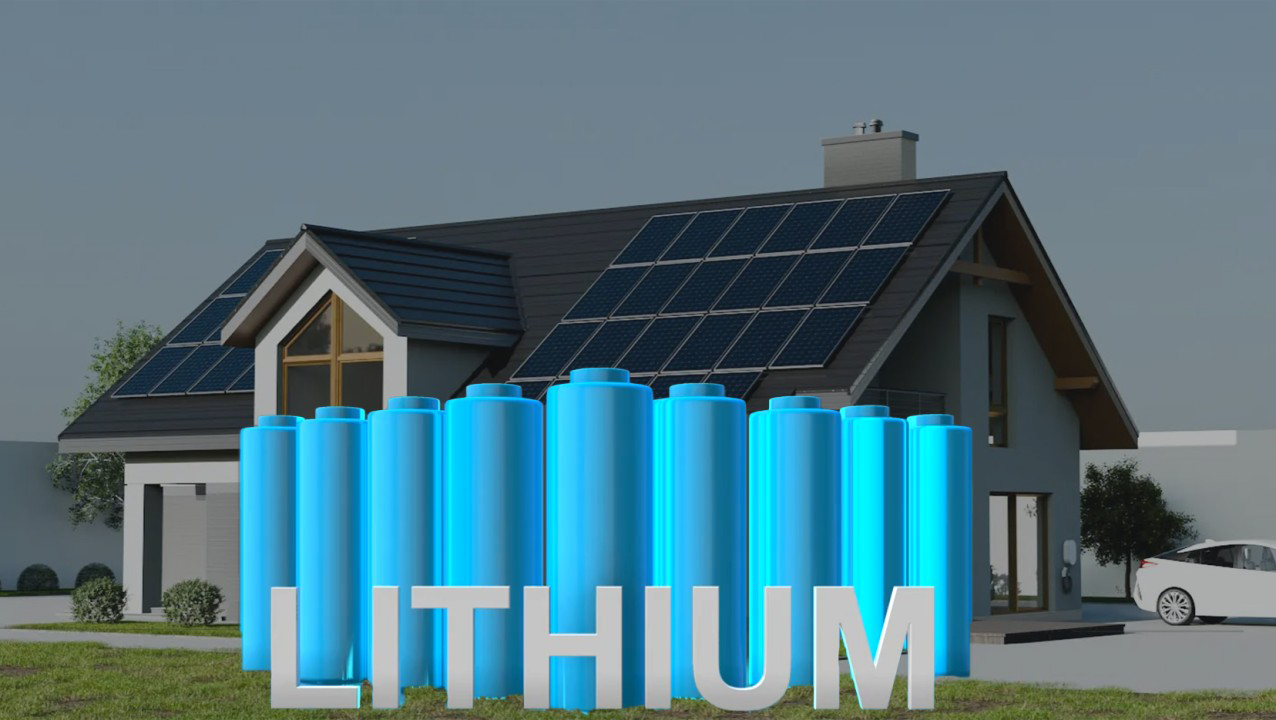Photovoltaic inverter Generally, the process of converting AC electrical energy...
Polysilicon solar cells: an important choice for renewable energy
In the context of global response to climate change and reducing dependence on fossil fuels, solar energy as a clean, renewable energy, has received more and more attention. Among the many solar cell technologies, polysilicon solar cells have become one of the mainstream choices in the photovoltaic industry with their high cost performance and good market adaptability. In this paper, the basic concept, manufacturing process, advantages and disadvantages and development prospects of polysilicon solar cells are comprehensively introduced.
What is a polysilicon solar cell?
Polycrystalline silicon solar cells are photovoltaic cells made of polycrystalline silicon materials. Unlike monocrystalline silicon cells, polycrystalline silicon cells are composed of multiple silicon crystals, and their production process is relatively simple and low cost. Due to the irregular arrangement of the polysilicon crystals, this makes this solar cell unique in terms of efficiency and production costs.
the manufacturing process of polysilicon solar cells
Production of silicon ingot
The manufacture of polycrystalline silicon solar cells first requires the production of polycrystalline silicon ingot. The molten silicon method is usually used, where high-purity silicon particles are melted at high temperatures and then naturally cooled to form silicon ingot with multiple crystals.
Cut silicon
The polysilicon ingot is cut into thin slices by cutting equipment. Compared with monocrystalline silicon cells, the cutting loss of polysilicon chips is less, the process is relatively simple, and the cost is lower.
Doping treatment
In order to improve the conductivity of the battery, the polysilicon sheet needs to be doped. Phosphorus or boron are usually used as dopants to form N-type or P-type silicon wafers as needed.
Production of battery components
The surface of the silicon wafer is coated with an anti-reflection coating, and then the electrode is bonded to form a photovoltaic cell module. In this process, it is also necessary to improve the light absorption capacity of the silicon wafer to improve the conversion efficiency of the battery.
encapsulation
The finished battery assembly is encapsulated in a waterproof and durable material to ensure long-term use in outdoor environments.
Advantages
Cost effective
The production process of polycrystalline silicon solar cells is relatively simple and the cost of raw materials is low, so its market price is usually lower than that of monocrystalline silicon solar cells, making it an affordable option.
Reliability and durability
Polycrystalline silicon solar cells have good performance in light decay resistance, high temperature resistance and environmental impact resistance, and are suitable for use in various climatic conditions.
Environmentally friendly
The main raw material of polysilicon batteries is silicon, which has a relatively small impact on the environment during the production process, and the battery itself is also recyclable.
disadvantages
The photoelectric conversion efficiency is relatively low
The photoelectric conversion efficiency of polycrystalline silicon solar cells is generally between 13% and 18%, which is slightly lower than that of monocrystalline silicon cells. This means that under the same lighting conditions, their power generation capacity is slightly lower.
The utilization rate of space is poor
Due to their relatively low efficiency, polysilicon solar cells need to take up more space during installation, affecting their application effect in cities and limited Spaces.
Low temperature performance deficiency
Polycrystalline silicon cells generally do not perform as well as monocrystalline silicon cells at low temperatures, which can affect their overall performance.
the market prospects of polysilicon solar cells
Continuous technological innovation
Polycrystalline silicon solar cells rely on mature production processes and improved materials, there is still a lot of room for technological innovation, the future is expected to improve the photoelectric conversion efficiency by improving the purity of materials, optimize the manufacturing process and other means.
Demand continues to grow
With the global promotion of renewable energy, especially in the application of new energy vehicles, distributed power generation and other fields, the market demand for polysilicon solar cells is expected to continue to grow.
Policy support
Governments have introduced corresponding policies to support the development of renewable energy, providing a good policy environment for the promotion and application of polysilicon solar cells.
Summary
Polysilicon solar cells occupy an important position in the global photovoltaic industry with their obvious cost performance and good market competitiveness. Despite some performance challenges, with the development of technology and cost optimization, polysilicon batteries will undoubtedly continue to play a key role in the future renewable energy market, promoting the human transition to more sustainable energy use.
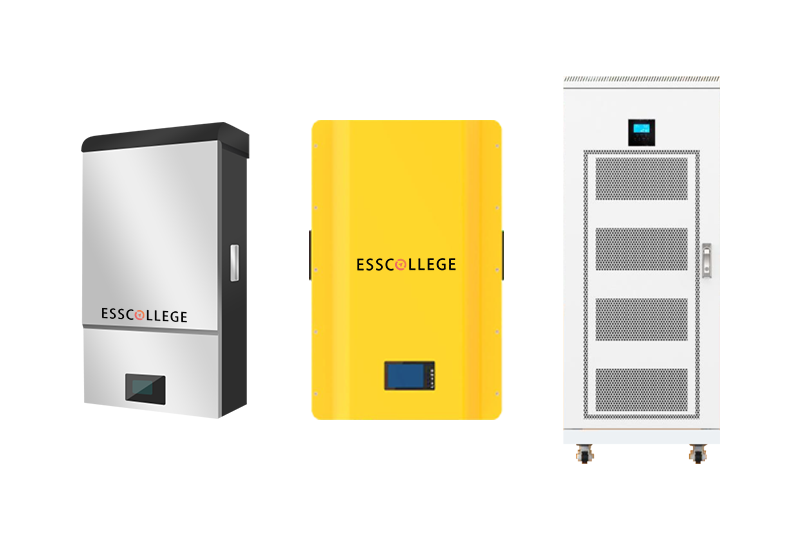
Home energy storage product series
A lithium battery pack for home energy storage systems, which is compatible with solar panels and the sun The inverter can work together with the power grid to power household appliances, and it can also be used as a For off grid systems.
Extended reading
LiFePo4 home energy storage battery
A highly integrated backup power solution for solar home energy...
THE ESSC Brand promise
Global supply
Our products sell well all over the world, covering many countries and regions, through the global logistics network, to provide customers with convenient purchasing experience.
Rigorous quality
We adhere to the highest quality control standards to ensure every product meets industry regulations and customer expectations, earning trust through consistent excellence.
Excellent service
With a customer-centric approach, we provide prompt responses, professional support, and personalized services, aiming to deliver the best user experience and long-term value.
